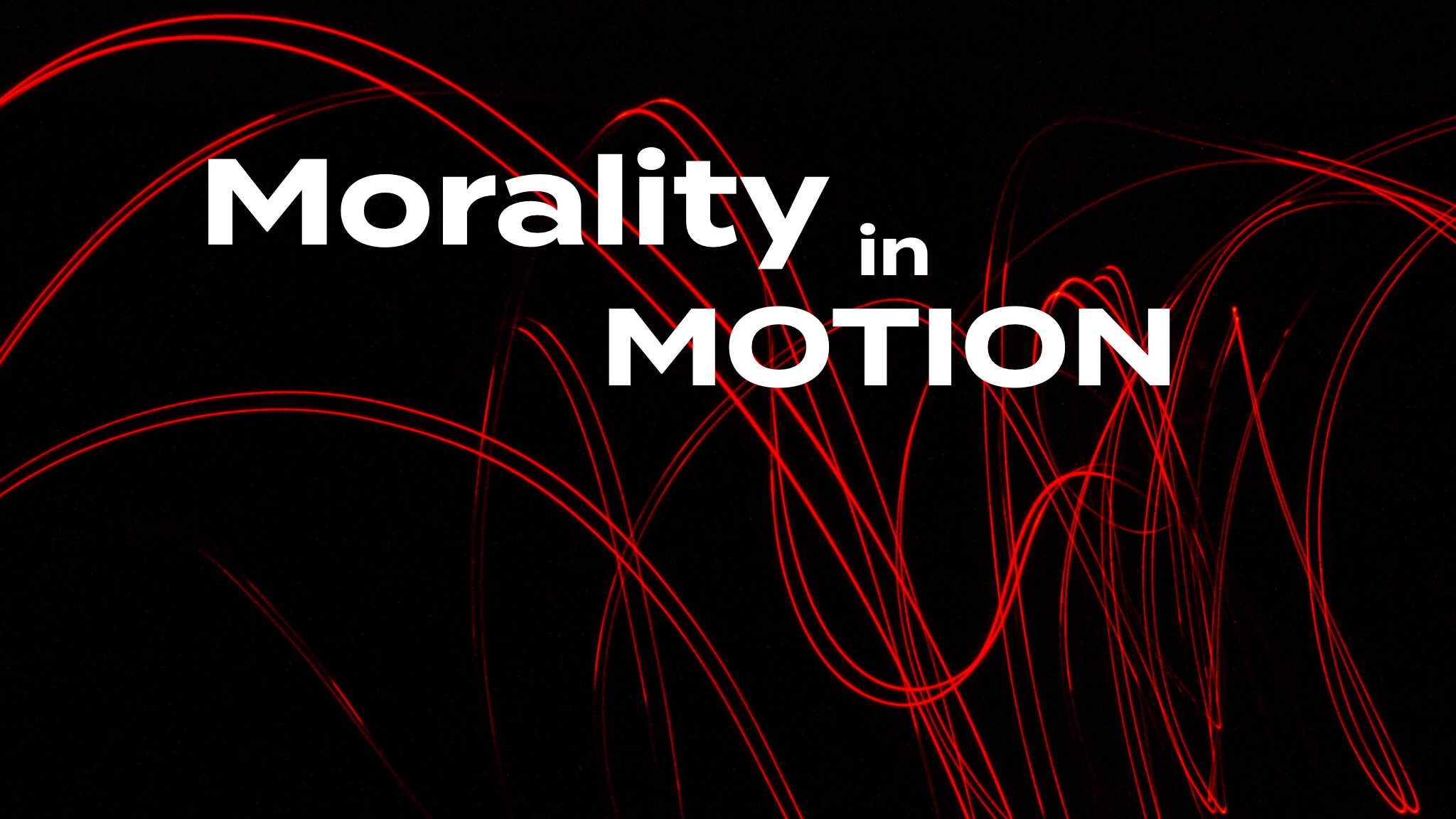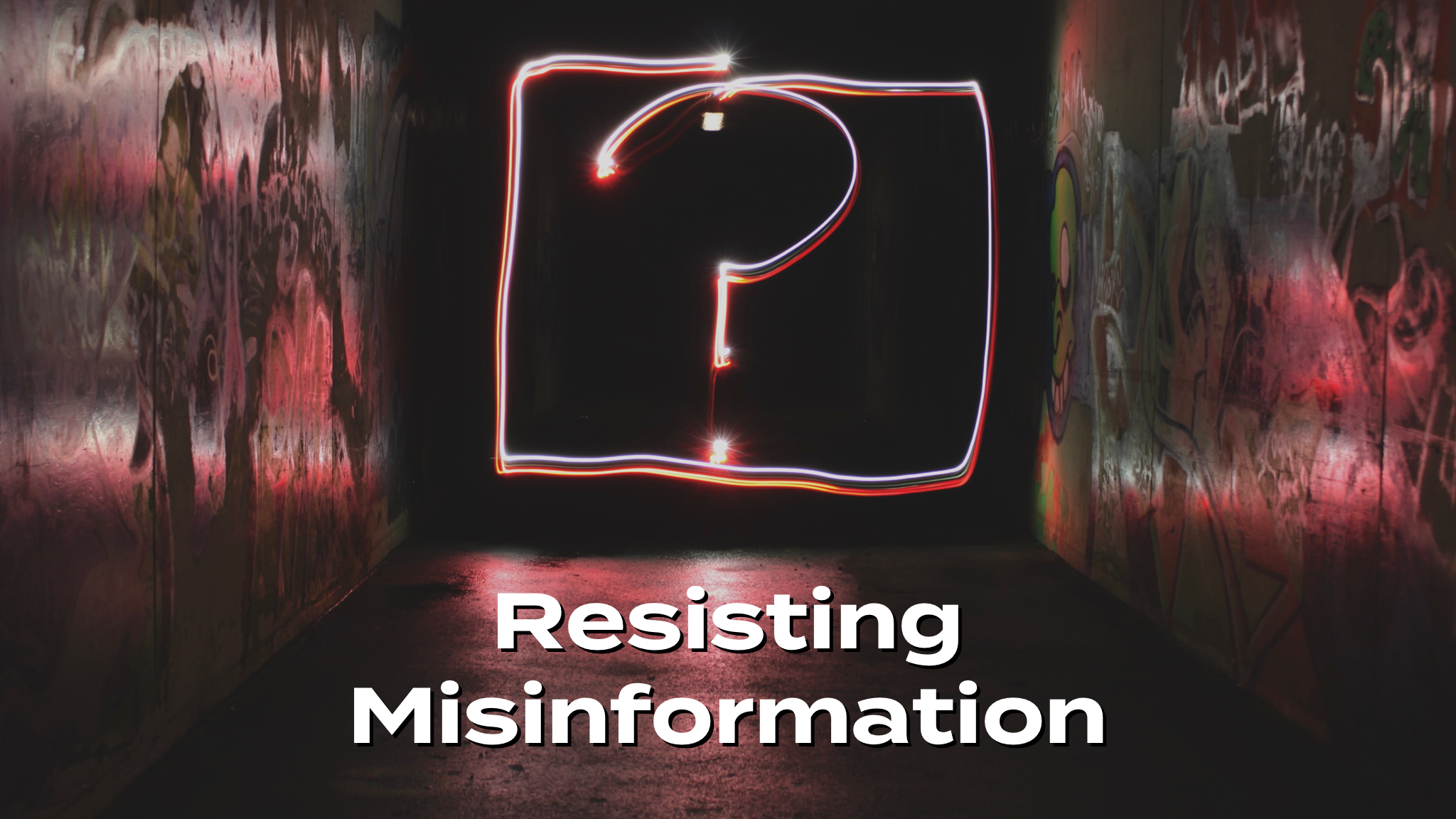Episode Video
Show Notes
Links Referenced
A Guide to Fasting by Scott Jones
What would Jesus Eat by Doug Ponder
The Practice of Rest by Jesse Furey (sermon)
Books Referenced
Spirit of the Disciplines by Dallas Willard
Embodied by Gregg Allison
Scriptures Referenced
Ephesians 5:28-30 “In the same way husbands should love their wives as their own bodies. He who loves his wife loves himself. For no one ever hated his own flesh, but nourishes and cherishes it, just as Christ does the church, because we are members of his body.”
1 Timothy 4:7, 8 “Have nothing to do with irreverent, silly myths. Rather train yourself for godliness; for whole bodily training is of some value, godliness is of value in every way, as it holds promise for the present life and also for the life to come.”
Proverbs 23:20-21 “Be not among drunkards or among gluttonous eaters of meat, for the drunkard and the glutton will come to poverty, and slumber will clothe them with rags.”
Matthew 11:28-30 “Come to me, all who labor and are heavy laden, and I will give you rest. Take my yoke upon you, and learn from me, for I am gentle and lowly in heart, and you will find rest for your souls. For my yoke is easy and my burden is light.”






















